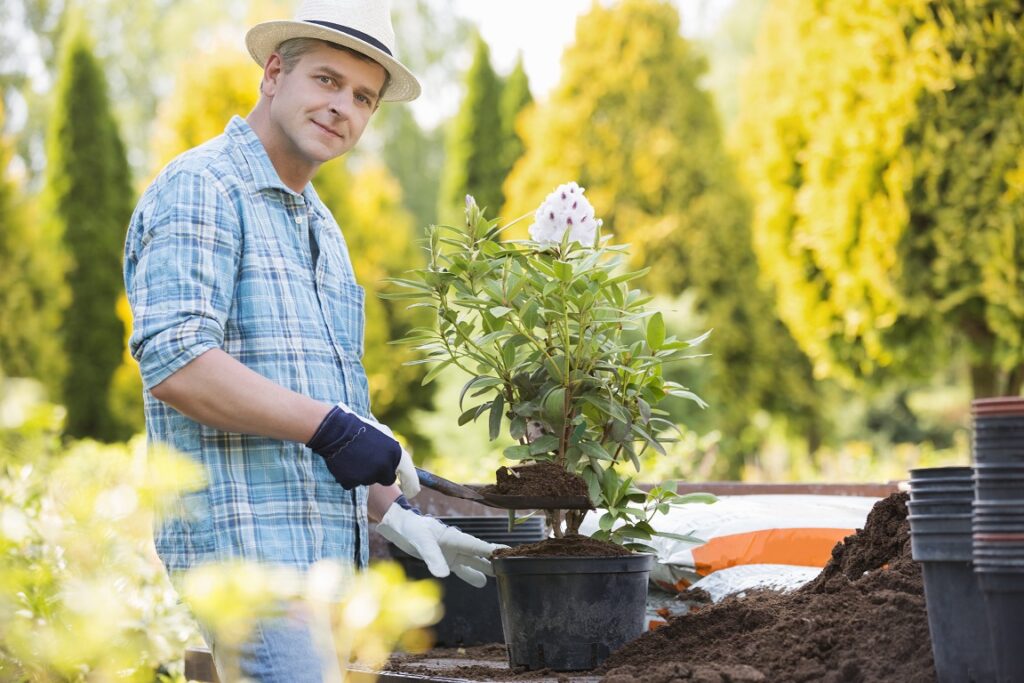Key Components of Organic Soil for Gardening -
" Soil is More Important Than You Think "
Gardening relies heavily on soil structure. Many factors influence the soil’s capacity to contain water and air while also providing nutrients to the plant. What’s too much or too little in your soil might have a big impact on plant output and quality.
You don’t want your soil to be too sandy or too clay-like; instead, you want it to be somewhere in the middle, which is termed loam. Loam soil is highly aerated, has excellent drainage, and can store a lot of moisture.
Read our previous blog on the complete beginners guide to garden soil.
Plants are directly genetically modified or provided soluble nutrients in the form of soluble pesticides in conventional farming procedures, while organic farming prohibits us from doing so. Nutrients must be introduced into the soil in organic farming so that plants have ample time to utilize them when they are needed.
Plants absorb enormous amounts of three key elements from the soil: nitrogen, potassium, and phosphorus. These three nutrients, commonly known as macronutrients, are critical for your plant’s healthy development.
Nitrogen role in Organic Soil for Gardening
Nitrogen is a crucial component of proteins and chlorophyll, and it’s what keeps plants green and healthy. You must ensure that your soil is nutrient-rich at all times, while also ensuring that it does not contain excessive nitrogen. The elder leaves of the plants may become yellow and the stems may turn red if there is a nitrogen shortage in the soil. Plants with an excess of nitrogen have undeveloped roots and their development is slowed. Extra organic fertiliser and compost manure may be added to the soil to provide more nitrogen.
Potassium role in Organic Soil for Gardening
Potassium promotes plant development and improves disease resistance. Leaves become yellow/brown and plant development slows if there is a deficiency of potassium in the soil. Potassium excess may also stifle development and cause nutritional imbalances. Potassium may be added to the soil with the aid of organic materials and granite dust.
As organic waste decomposes, it releases the majority of the essential plant nutrients into the soil.
Phosphorus role in Organic Soil for Gardening
Phosphorus encourages plant root development and improves disease resistance. Plant development is stunted in phosphorus-deficient soils, which cause leaves and stems to become purple. If there is too much phosphorus in the soil, it may seep out, contaminating the environment and polluting water supplies. The amount of phosphorus in the soil may also be raised by introducing additional organic matter. It is a good idea to apply phosphorus-containing fertilizer to the root zone of the plant before planting it since it flows slowly through the soil.
Concluding
In conclusion, we hope that the information on how to make your own organic soil for gardening described above will help you find new enjoyment in your garden.
Try some new plants, some new techniques, some new recipes, some new friends! – exchange ideas. You’ll be amazed at how much more you can do with some homemade arrangements, some good seeds, and your own two hands.
Know your zone and your plants so you can have a successful garden all year long.
Happy Gardening !

